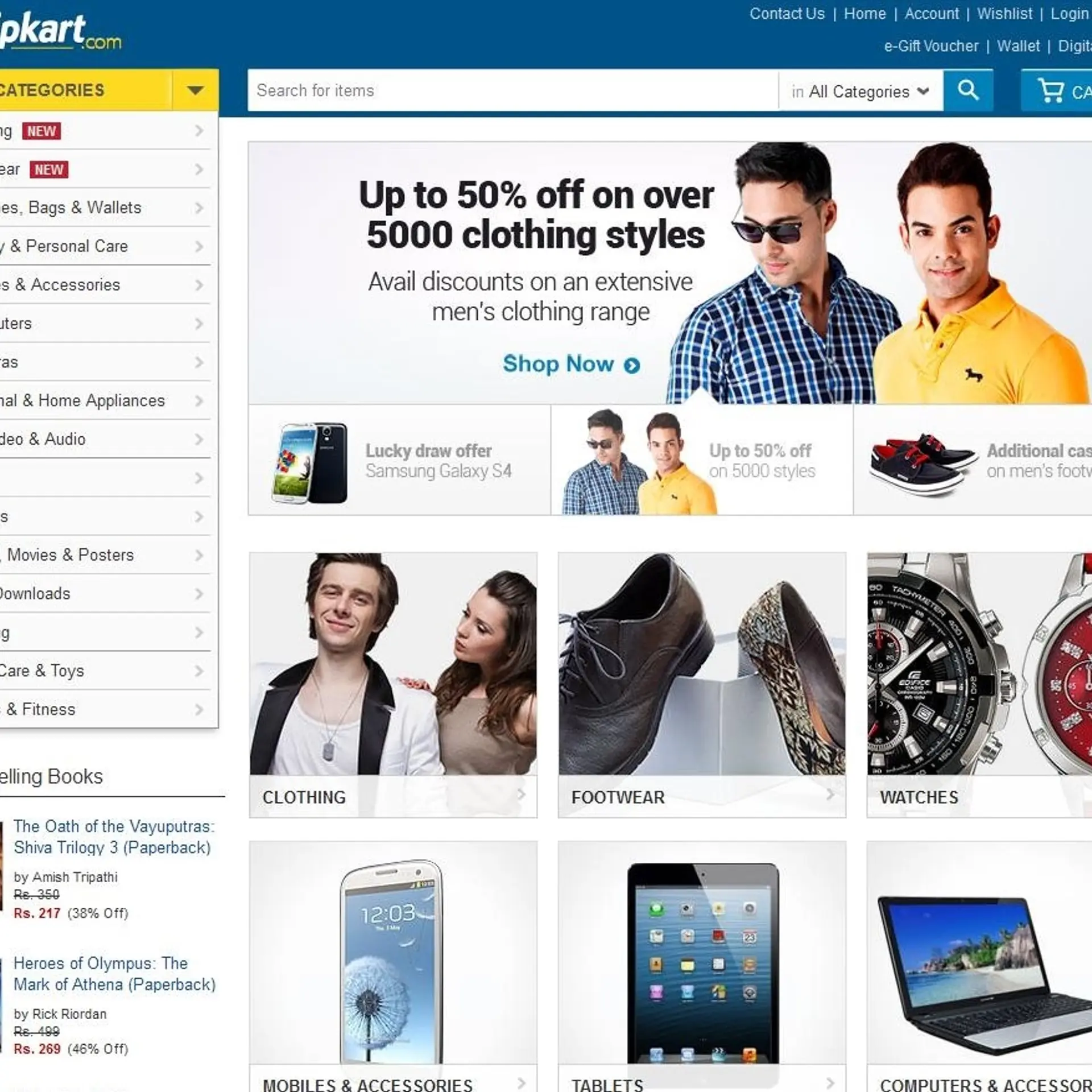

Content, Connection and Millennial’s
Venugopal Ganganna, CEO, Langoor
Thursday February 02, 2017 , 3 min Read
Millennials are widely misunderstood. It is the favourite conversation topic of HR and Marketing departments in large organisations. The Internet is full of theories trying to understand what makes them who they are.
Fundamentally, we need to understand what millennials have grown up with. For this group, most of them have grown up with pervasive Internet. Constant validation of their self being is part of their everyday life. For many of them, they’ve had access to technology and life basics that their parents did not. They have had mobile phones for more of their life than they not. Instant gratification is a normal course of action for what you “share” with the world. Given the availability of technology around them, there is an impatience associated with “dead” time.
They also have a larger view of the world – often because of how connected they are. They relate more with other millennials from around the world as opposed to older adults around them.
Acknowledging this, organisations need to respect them for their backgrounds. They need to build a relationship with them that understands their view of the world. Only then can you build content and conversations that engage them in a meaningful way.
Fundamentally, the starting point for building any content that speaks to them requires social proof. Social proof has many forms such as user generated content, influencer involvement or simply being engaging enough on social media that their friends engage with the content. Discoverability of such content through social proof carries a lot more weight than any other form of engagement.
Engaging with them on channels they are used to – social and mobile is key.
A big push in social media today towards authenticity is given the high adoption rates by millennials for the medium. Authenticity refers to the core value of your organisation and being true to them. People can see through content that you don’t believe in, but merely create it to engage them. That also means educating, informing or providing value rather than doing hard sales. Being honest in your language and approach goes a long way in building a relationship with this audience.
Lastly, the ability to distribute content to the right people is important. Millennials are not one group – they are many backgrounds and real, individual people. Having the range and depth of content the speaks to the wide variety of them at a personal level is key. This means using a sniper rifle instead of a machine gun. Marketers like many to one connection. But Millennials are used to one-to-one connections. They are not big fans of advertising because they are constantly being interrupted by non-relevant junk. If you understand your audience better, at an individual level, you can provide the right information at the right level.
In the end, organisations that do it well will have their work done for them by their audience. Brands that product quality content will have their content distributed without spending that much on media. In fact, customers are creating content that gets likes today no-matter what. Instead of taking “control” of that, it is better to enable customers in a way that builds a long-term relationship with the brand.





